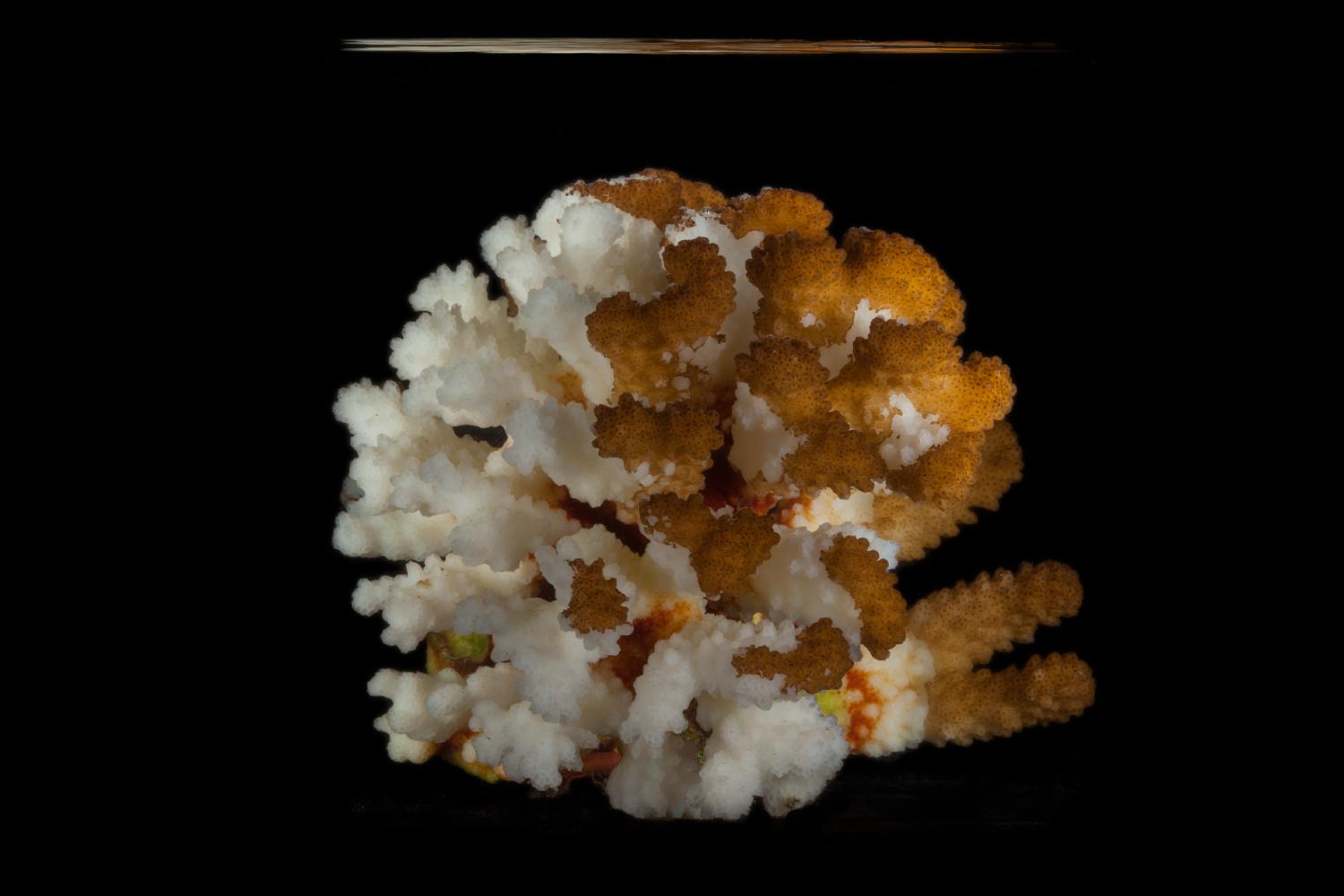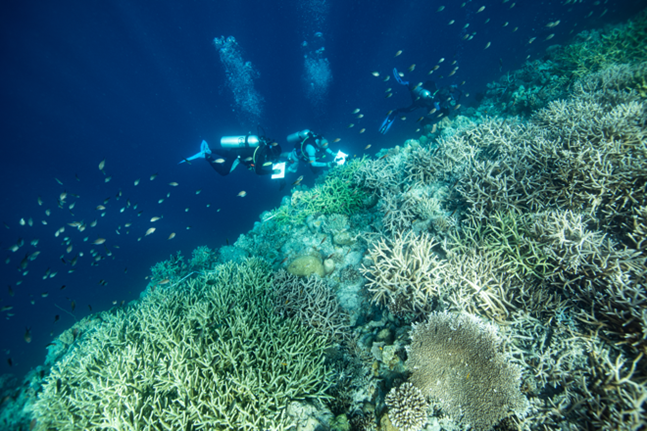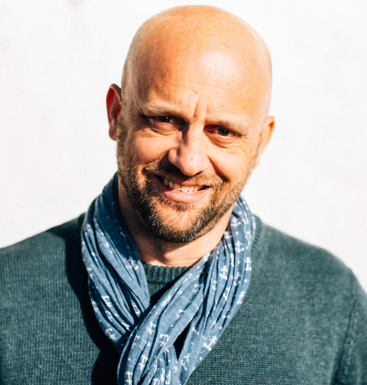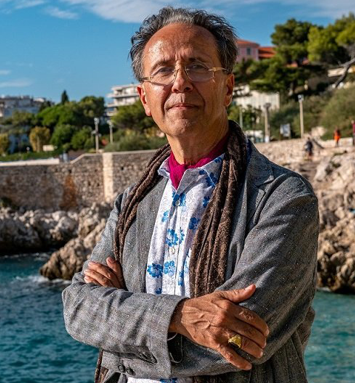Academy of Excellence "Territories, Environments, Risks and Resilience"
Revisiting coral health monitoring: from AI-based image recognition to next-generation reef monitoring
AI-based image recognition for next-generation monitoring of coral reef health
Academy 3 highlight
CORA(i)L is an ambitious, interdisciplinary, and international project that will change the approach used for coral reef health monitoring by providing “new tools for coral reef conservation and restoration programs” involving local communities and stakeholders.
The project
Coral reefs are unique marine ecosystems, famous for their incredible diversity and undeniable beauty. Coral reefs are a key factor in tourism, and are exceptionally beneficial to humans and society as a source of high-protein food and therapeutic compounds useful for human health and well-being. However, coral reef ecosystems are in immediate danger due to climate change and anthropogenic activities. It is therefore imperative to adopt innovative scientific approaches and provide sustainable solutions to the challenges of coral preservation in the face of global change.
Coral health, like human health, is complex and multifactorial, making it difficult to describe it based on a single variable. Currently, a reference diagnosis of coral health is still lacking. WHO defines health as multifactorial and “a state of complete physical, mental and social well-being and not merely the absence of disease or infirmity”. In addition, it has been proposed that age, culture, and personal potential, should be included in the definition of health. Taking all these elements into account and transposing it to coral colonies, we began to re-examine coral health as a multifactorial process considering environmental, physical, and social factors subdivided into nine attributes related to coral health that can be easily recognized in an image of a coral colony.
We designed a photo acquisition protocol and developed a large corpus of coral photos (13,000+) combining those taken during the Tara-Pacific expedition (2016-2018, and others taken since then in Moorea (French Polynesia), Papua Barat (Indonesia) and Raja Ampat Selatan (Indonesia). This dataset was used to develop, as part of an interdisciplinary and collaborative effort, an artificial intelligence (AI) tool that can detect in a matter of seconds the nine characteristics linked to the health of thousands of coral colonies. This method not only saves time and is non-invasive, but more importantly, the efficiency of this AI tool is comparable to the manual annotations carried out by two different annotators.
Now that we have formulated a multifactorial definition of coral health and developed a novel AI tool to extract health attributes from coral images, we are in a unique position not only to gain fundamental new insight into how global change affects the health of corals and coral reefs, but also to provide new opportunities for their rapid and (cost)-effective monitoring in the context of conservation and restoration actions.
With this in mind, CORA(i)L has set three specific goals:
- Determine coral health trajectories in longitudinal studies by linking visual health attributes and molecular data to individual coral fate (bleaching, resilience, mortality) via the development of a database containing the AI-based tool for image analysis.
- Determine whether combinations of health attributes from multiple coral colonies within a coral reef site can be used to diagnose its state (polluted, damaged, pristine, restoration, recreational diving). This will be done by acquiring site-specific transect images and subsequently analyzing them using AI.
- Implement a citizen science program for real-time monitoring of coral reef health by launching a survey to determine the willingness of dive centers to participate in a pilot program that will be implemented in volunteer dive centers.
CORA(i)L is an ambitious, interdisciplinary project, based on innovative tools, that will change the approach used to determine the effects of global change/warming on coral health and will introduce new conservation and restoration programs involving local communities and stakeholders. A citizen science program is also being developed thanks to a database and web interface that allows coral colony photographs to be uploaded and automatically annotated by AI. Finally, as global change and the threat to coral reefs are a topical societal challenge, we have initiated, in collaboration with non-profits and NGOs, the development of outreach material (articles for the general public, photo exhibitions, games, etc.).


The +
CORA(i)L is an ambitious, interdisciplinary, and international project combining academic and non-profit partners that will change the approach for monitoring coral health and provide new tools for conservation and restoration programs involving local communities and stakeholders.
What’s next?
The project has only recently been funded, but its ultimate goal is twofold: 1) to gain an up-to-date and fundamental understanding of coral and coral reef health; and 2) to develop a next-generation citizen science reef monitoring program to obtain real-time data that can be used for reef preservation, restoration and management.
How does the project contribute to the transdisciplinary ambition?
MSI
Informatics and AI specialist. IRCAN & MSI have developed the AI tool that will be further developed and implemented in the proposed database and used for image analysis.
IRCAN
Expert in human health (EG), coral biology and physiology (ER & EG) but also in molecular and cellular biology (ER & EG).
University of Papua (Indonesia)
Expert in ecological connectivity, coral preservation and restoration. Provide ecological, socioeconomic and sociocultural knowledge as well as logistic assistance for the field studies.
CRIOBE
Expert in coral ecophysiology, coral preservation and restoration. Provide datasets that will be used for image extraction and AI analyses, is participating in field work and data interpretation.
Udayana University (Indonesia)
Expert in marine ecology and computation. Provide ecological knowledge as well as logistic assistance for the field studies.
URMIS
Expert in tourism practices, notably in Pacific regions. ITCA and the tourism faculty of the Udayana university (Denpasar, Bali, Indonesia) will closely collaborate in developing and analyzing the survey of dive tourists in Bali.
Udayana University (Indonesia)
Will exchange with URMIS to develop and analyze the surveys of Balinese dive centers and to study the possibility of transferring the CORA(i)L model.
Non-profit organization
Field work and outreach projects
Project information
|
Scientific domain
Marine ecology Environmental Sciences |
Key words Reef building coral ecophysiology Coral Reef health Artificial Intelligence Citizen Science Program Tourism |
|
Total budget
€97,500 including €47,500 from Academy 3
|
Start of the project
2024 |
| Partners IRCAN - Université Côte d’Azur, CNRS, Inserm MSI - Université Côte d’Azur ITCA - Université Côte d’Azur URMIS - Université Côte d’Azur, Université Paris-Cité, CNRS, IRD International collaborations CRIOBE – Université de Perpignan, CNRS, EPHE-PSL UNIPA - University of Papua UNUD - Udayana University Non profit partners Kahi Kai Coral Triangle Center Misool Foundation |
Project members Florentin Remot Rila Hilma Romane Deshuraud Alexandre Ottaviani Nadir Djerbi Aldine Amiel Marco Milanesio Jean-Christophe Gay Students involved Romane Deshuraud (PhD) |

Eric Röttinguer
IRCAN - Université Côte d’Azur, CNRS, Inserm

Eric Gilson
IRCAN - Université Côte d’Azur, CNRS, Inserm

















